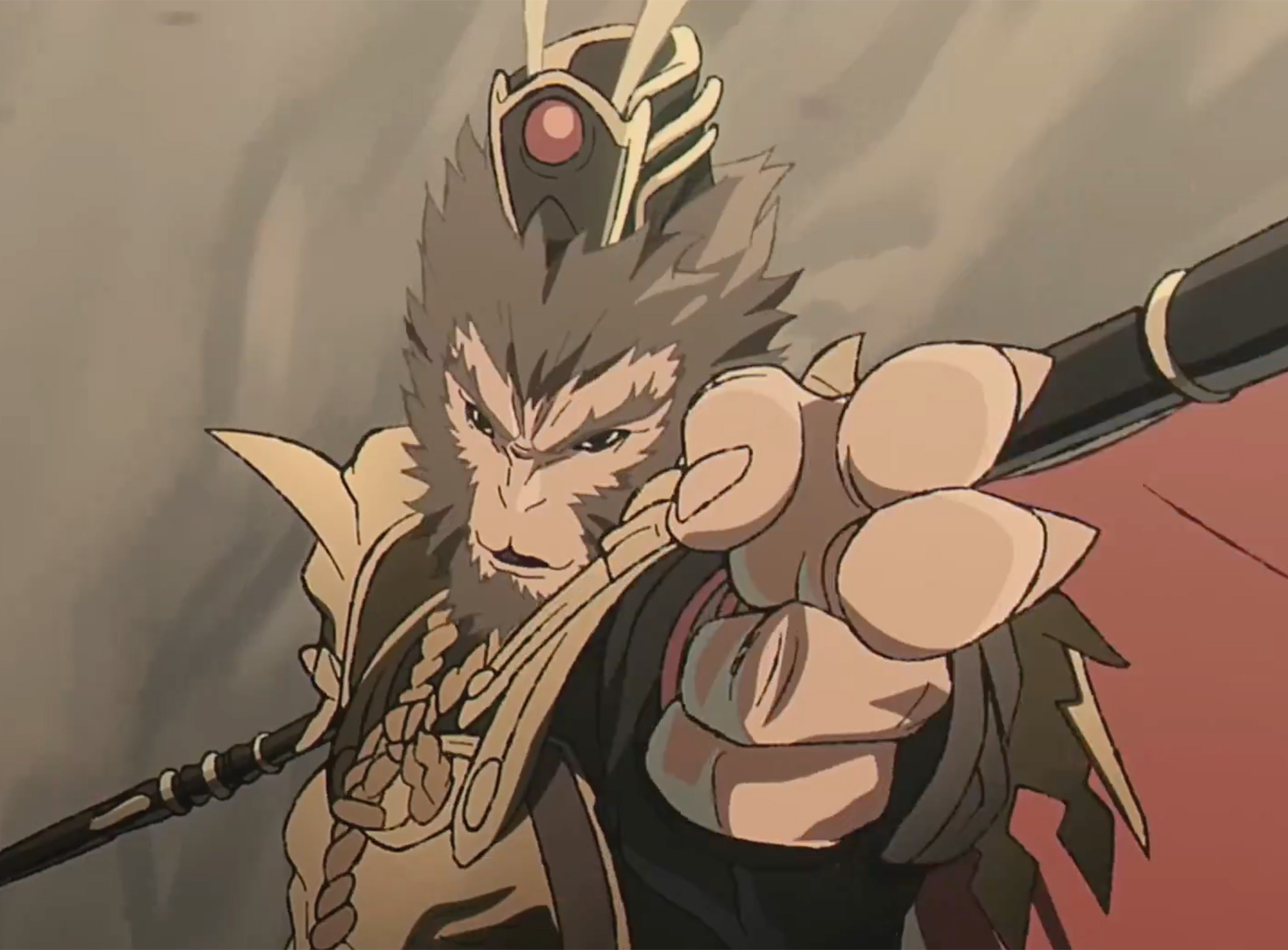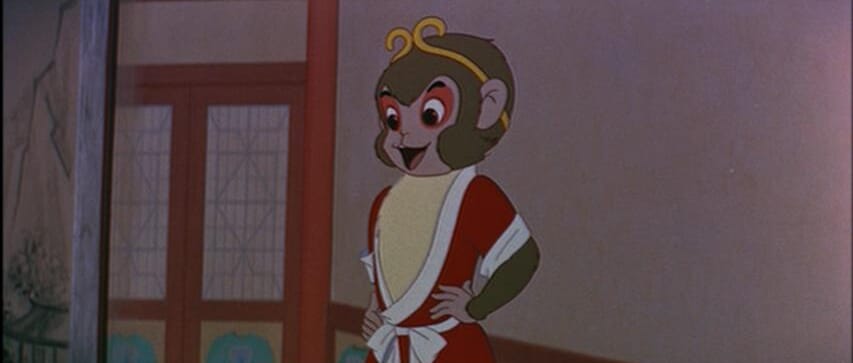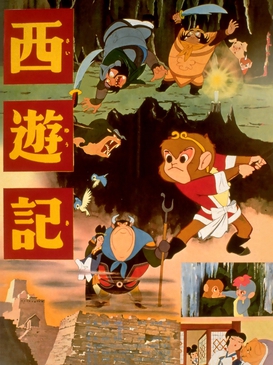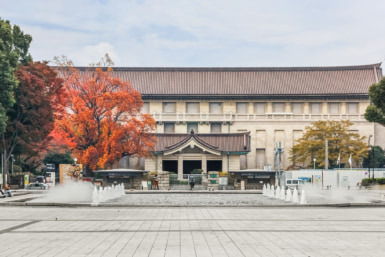If you’ve been on the internet at all recently, you’ve probably noticed the skyrocketing success of one Black Myth: Wukong. This action RPG by Chinese developer Game Science is inspired by the classic novel, Journey to the West.
While also possessing Chinese roots, the adventures of the main character, Sun Wukong, were also popular in Japan. If you haven’t gotten down to checking out Black Myth but still want to get a taste of monkey magic, here are seven anime you should check out that are also inspired by Journey to the West. UPDATED
1. Alakazam the Great
Also known by its Japanese name, Saiyūki, Alakazam the Great is an old 1960s Japanese musical film. With heavy references to Journey to the West, it was also produced by “the Godfather of Manga” Osamu Tezuka who created the likes of Astro Boy and Black Jack. While the film released to critical success in Japan, it was unfortunately a flop in America. However, one claim to fame it does have is that the character Ox-King from the film is what inspired Shigeru Miyamoto to create the antagonist to the Mario franchise, Bowser.
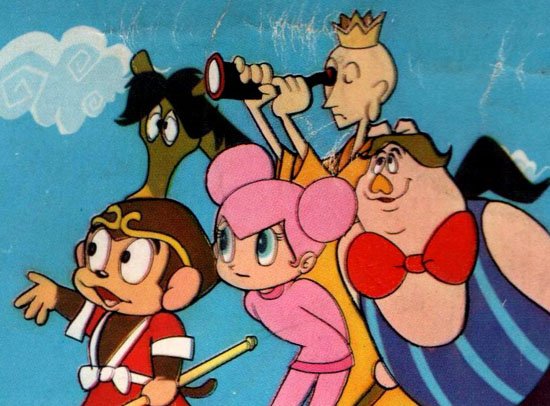
2. Gokū no Daibōken
Gokū no Daibōken is another anime series that was broadcasted in 1967. Produced by Mush Productions and aired on Fuji TV, the series was also directed by Gisaburo Sugii, known for his work on the Touch series and for the movie adaptation of children’s book, Arashi no Yoru ni. Gokū no Daibōken had 39 episodes with the main character once again being Goku, based on Sun Wukong. In terms of plot, the anime stays fairly true to the novel’s original storyline.
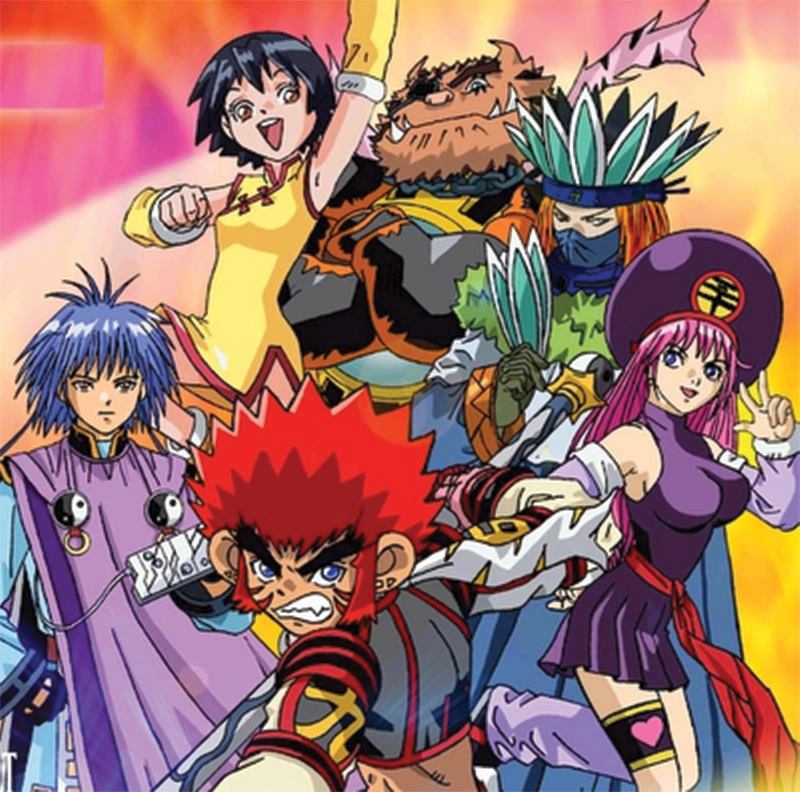
3. Monkey Typhoon
This is a Sun Wukong story with a twist. Monkey Typhoon is an anime and manga series created by Avex Inc and released in 2001. The manga ended up getting serialization in Kodansha’s Weekly Shonen Magazine while the anime was broadcasted on TV from 2002 to 2003. In this reinterpretation of Journey to the West, Goku is a robot. Alongside his friends, they are assisted by the human Sanzo and obtain 49 keys to unlock the Tokyo Metropolitan Government and prevent the world from ending.
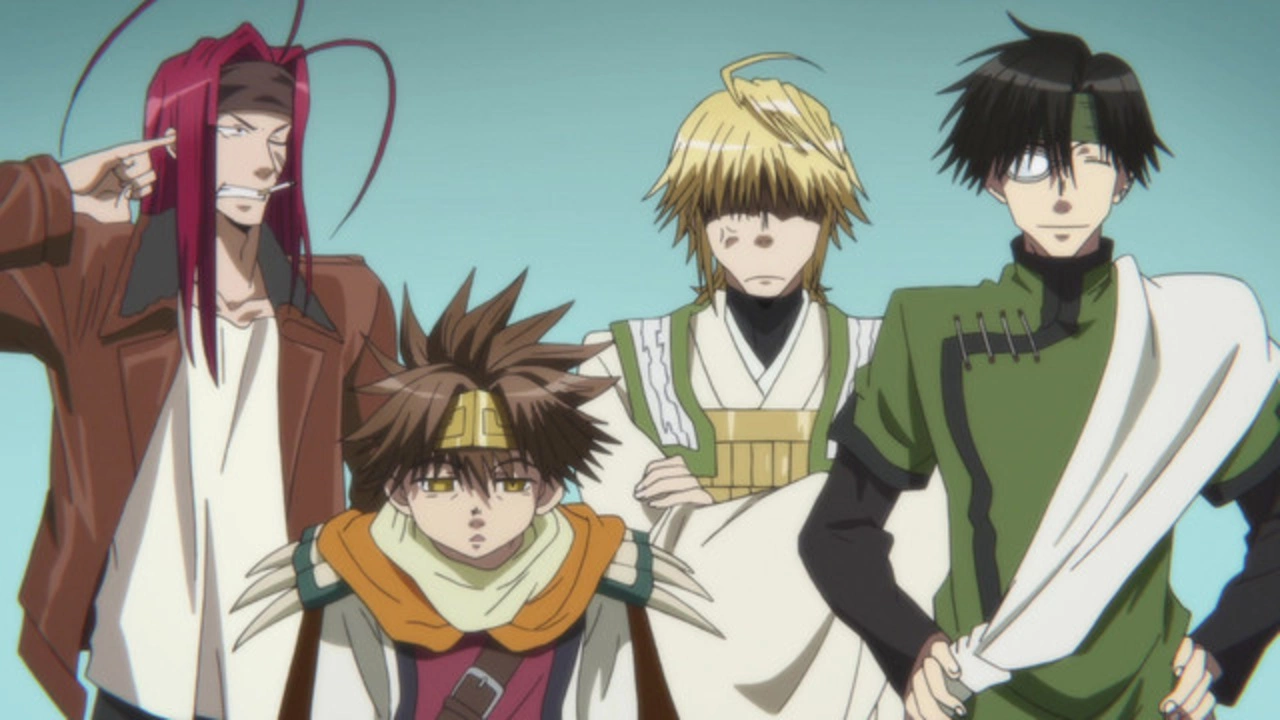
4. Gensomaden Saiyuki
This one is a little more contemporary and with a healthy dose of bishounen. Gensomaden Saiyuki is an anime series also based on Journey to the West. However, compared to other series, the main character isn’t Goku but the monk, Genjo Sanzo. Set in Shangri-La, a paradise where humans and demons co-exist, Goddess Kanzeon sends Sanzo on a mission to Tenjiku to stop a curse from unfolding. On his journey, he is joined by his acolytes, Son Goku, Sha Gojyo and Cho Hakkai. The series was produced by Studio Pierrot and its popularity saw multiple film adaptations and spin-offs such as Saiyuki: Requiem and Saiyuki Reload.
5. Shinzo
Shinzo might not look like other adaptations of the Chinese mythical story but that’s because it’s been given a science fiction twist. Produced by TV Asahi, Toei Advertising and Toei Animation, Shinzo is set in the future where genetically-altered creators called Enterrans have taken over Earth. Three Enterrans however have been tasked to protect the last remaining human and to find “Shinzo” a sanctuary where he can restore the human race. In this series, Sun Wukong takes the form of a character named Mushra. He even retains the characteristic golden headband and staff.
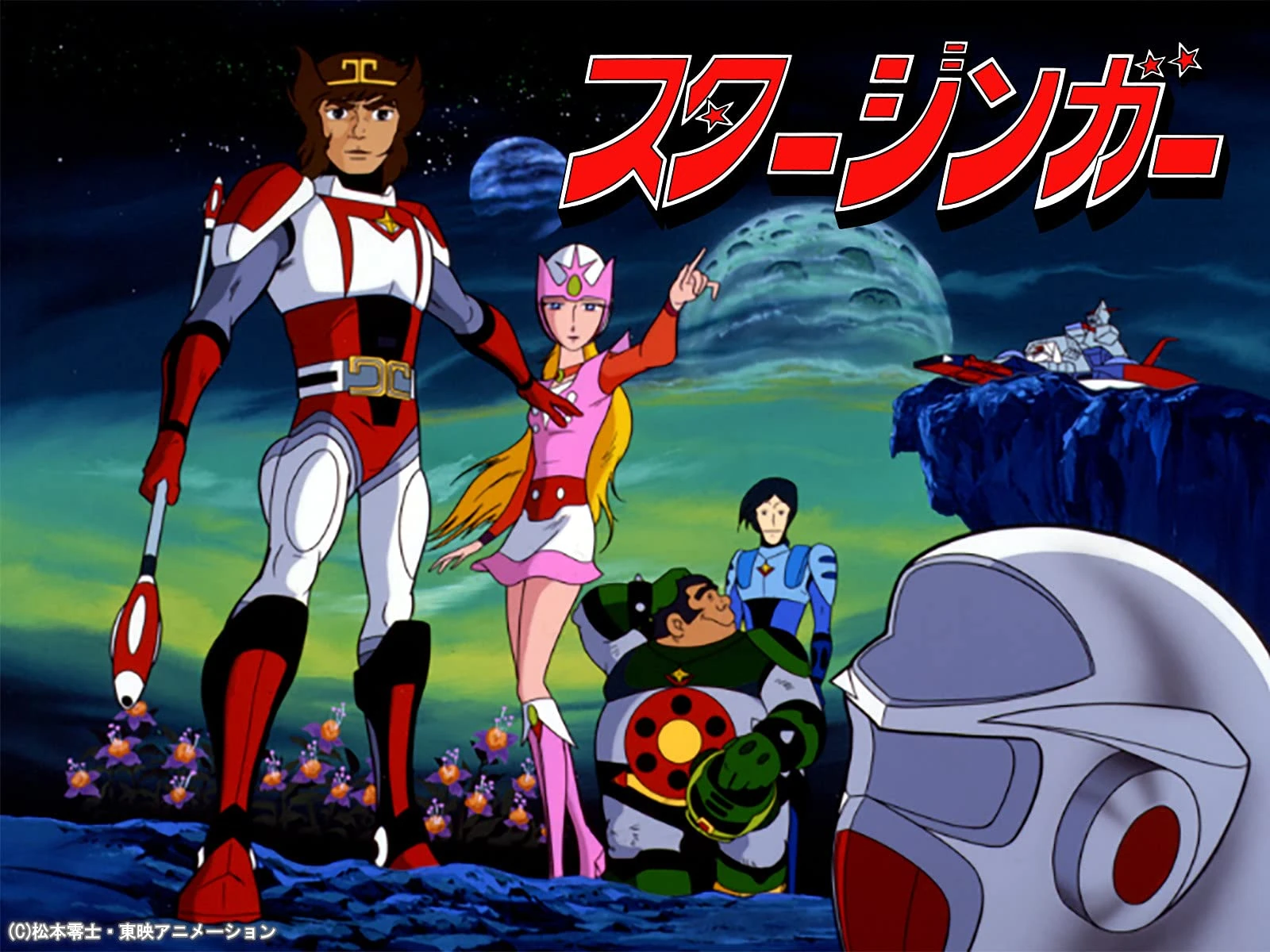
6. Science Fiction Saiyuki Starzinger
This science fiction meets space opera anime series is another reimagining of Journey to the West. Set in a futuristic world, the story follows Princess Aurora and her comrades Kugo, Djorgo and Hakka. Their goal is to travel to the Great King planet and restore Galaxy Energy and along the way, battle starmen. Leiji Matsumoto of Space Battleship Yamato fame was the key writer on this project. Starzinger aired on Fuji TV in Japan from 1978 to 1979.
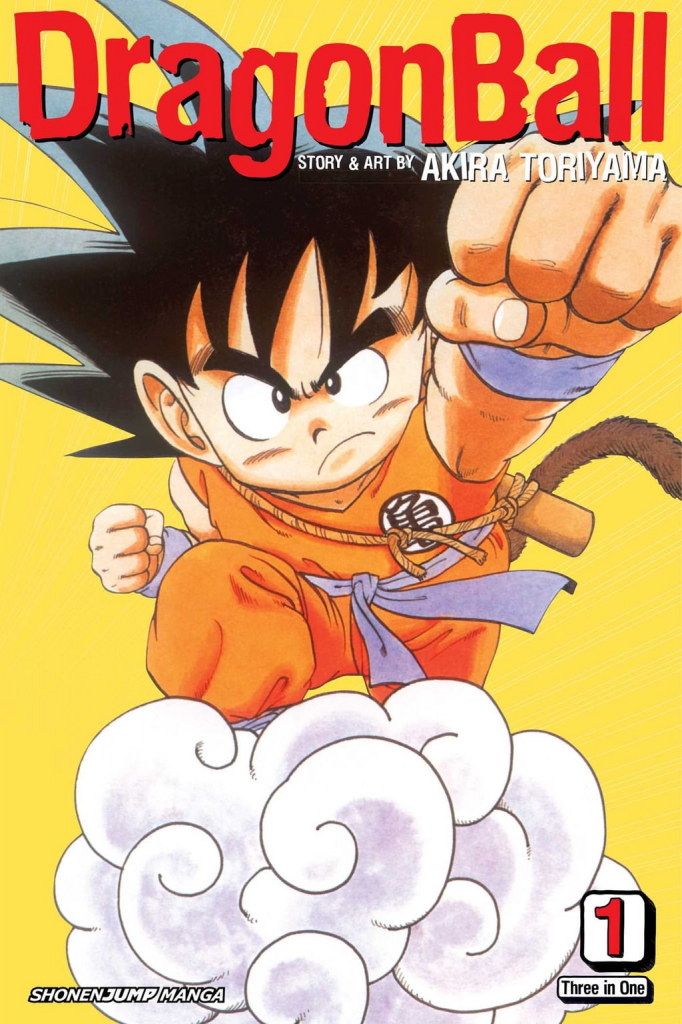
7. Dragon Ball
This series needs no introduction. One of the most famous adaptations of Journey to the West to ever exist is Dragon Ball by Akira Toriyama. Originally created and serialized in 1984, the series follows the adventures of Son Goku from childhood to adulthood as he trains in martial arts. Compared to other series, there is also heavy inspiration from old Hong Kong films, represented in the series’ focus on karate and kung fu. While Sun Wukong’s journey was a key inspiration, Dragon Ball would end up departing from the main plot, especially evidenced in his sequels such as Dragon Ball Z.
Related Posts
- Coffee Talk Tokyo Announced: A New Sequel to the Hit Indie Game
- The Classically Trained Opera Singer Behind Your Favorite Video Game Scores
- How to Find Tokyo’s Secret Nintendo Bar: 84 Hashi Cafe
Updated On September 30, 2025

